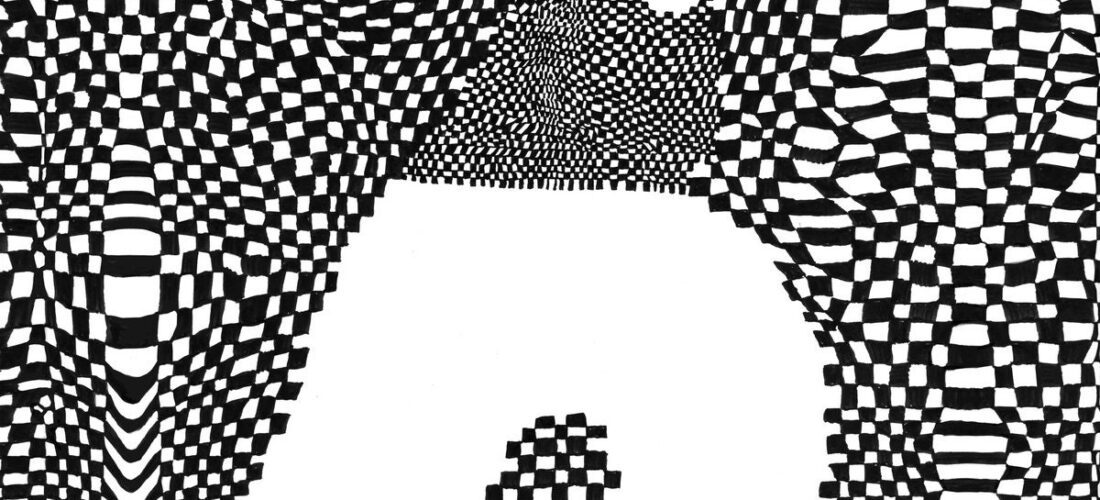There were no rules at Enfield Tennis Academy. The tiny Los Angeles cocktail bar, with its specialty in avant-garde jazz and a name borrowed from David Foster Wallace’s Infinite Jest, dodged any accusations of snobbishness by cutting out the usual strictures: no two-drink minimum, no ban on talking or cell phones, and for a while at least, no cover charge. ETA became a destination for the new jazz scene’s westward migration from Chicago to L.A.; a weekly improv session led by Tortoise and Isotope 217 guitarist Jeff Parker was the highlight of the schedule, and a phenomenal recording of those shows, 2022’s Mondays at the Enfield Tennis Academy, finally let the world know what was happening in the cramped back space of that long, narrow club. But despite its momentum, ETA officially shut down at the end of 2023, closing another chapter in the history of West Coast jazz.
It will take a long time to uncover the full extent of ETA’s influence on the L.A. scene. So let’s start now, with SML, a new quintet who recorded their debut album, Small Medium Large, across four nights of longform improvisation at the venue. The group represents the next wave of jazz artists to hit the western shore: saxophonist Josh Johnson, synthesist Jeremiah Chiu, and guitarist Gregory Uhlmann are all Windy City transplants. Bassist Anna Butterss arrived in L.A. from Australia via Indiana, while percussionist Booker Stardrum was drawn there from his native New York. (Butterss and Johnson also happen to appear on Mondays at the ETA). They take their cue from an important record on Chicago’s International Anthem imprint, Makaya McCraven’s 2015 album In the Moment, on which he cut up and remixed live improvisations to create a fusion between jazz and hip-hop. SML shares McCraven’s method but not his style; rearranging their concert recordings in their home studios, the group crafted a set of songs that drives like Afrobeat and drifts like kosmische.
The post-production technique is sometimes identifiable—the ultra-fast loops of “Switchboard Operations,” for example, belong on a classic Oval track—but the fervent energy of the live performance shines throughout. “Three Over Steel” begins with nine or 10 seconds of a reverse tape effect and then plows ahead with an undeniable groove. This is either live jazz or a facsimile too good to spot, right down to the way Uhlmann’s guitar solo picks its way through delicate one-note stretches while the audience holds their breath. At other times, the degree of editing is irrelevant. “Dolphin Language” is a new-age wash of ambient synthesis more remarkable for its calm, aquatic atmosphere than for any display of chops, whether on an instrument or a DAW.
